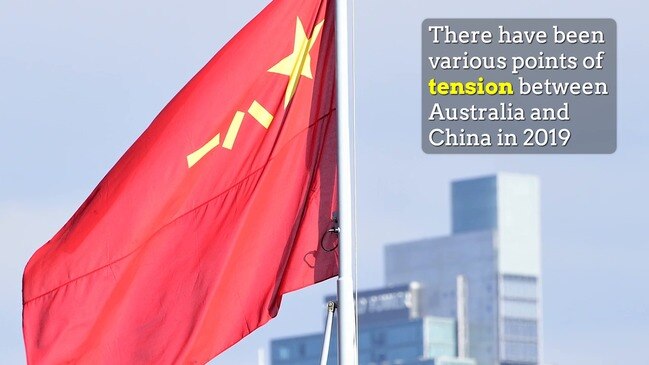
In an extraordinary end-of-year briefing, attended by a 50-50 mix of Australian and Chinese media outlets, Ambassador Cheng also shared a propaganda video defending China’s treatment of Muslim Uighurs on the grounds of “terrorism”.
It was clearly a staged exercise, likely ordered by Beijing, to end the year on the front-foot and show Chinese audiences their man in Canberra is fighting the good fight.
While Chinese media ask the “right” questions, Australian media don’t.
Asked by The Australian if Marise Payne was also mired in “fake news” given her recent comments labelling the treatment of Uighurs as “disturbing” and expressing “deep concern” about the human rights situation in Xinjiang – Ambassador Cheng conveniently dodged the question.
China’s human rights record under Xi Jinping is well-established.
It is a fact that China has set-up a vast network of camps in its northern Xinjiang Province. Up to one million Uighurs are detained in these facilities, with leaked Chinese government documents showing inmates are locked up, indoctrinated and punished there.
Beijing has also scrapped its commitment to the Human Rights Dialogue with Australia and actively worked to derail a long-standing human rights co-operation program partnership, which had operated on the ground in China until it was suspended in August.
After three years of clashes between Canberra and Beijing over foreign interference, cyber hacking, human rights issues and the South China Sea, the Chinese government wants Australia to repent.
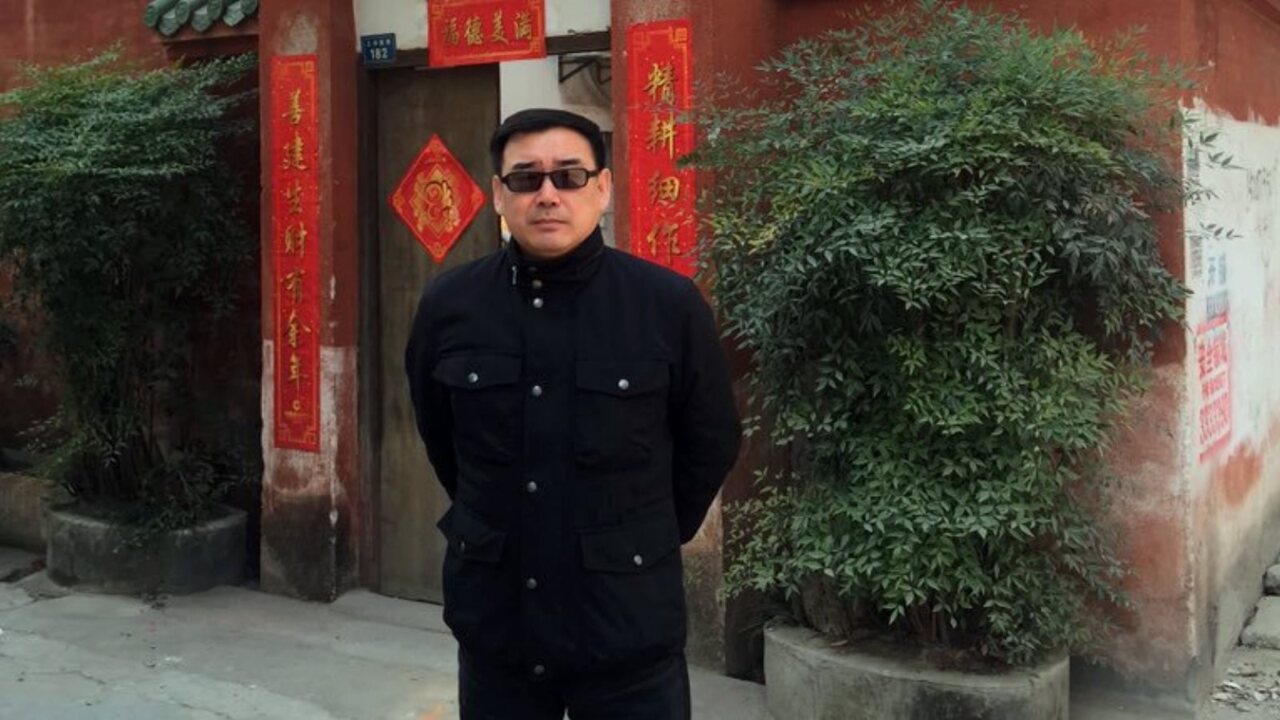
Scott Morrison and Payne are allowed to meet Chinese leaders on the sidelines of international summits on Beijing’s invitation. The Prime Minister will remain in the deep freezer until China decides Australia should be let out. In the short-term, that looks unlikely.
Ambassador Cheng is doing the job asked of him by the Chinese hierarchy. He is at the centre of a tense stand-off between two nations intimately linked through trade, investment and regional proximity.
He rattled off figures showing trade between the nations had increased dramatically in the past 12-months and claimed credit for the Morrison government’s surplus. He also spoke of the large numbers of young Chinese students who travel to Australia to study at local universities.
Ambassador Cheng’s message was clear. In an economic sense, the partnership remains strong.
But China’s pursuit of subservience from partner nations and President Xi’s unwavering approach on human rights means it is unlikely Australia can meet Beijing’s expectations.


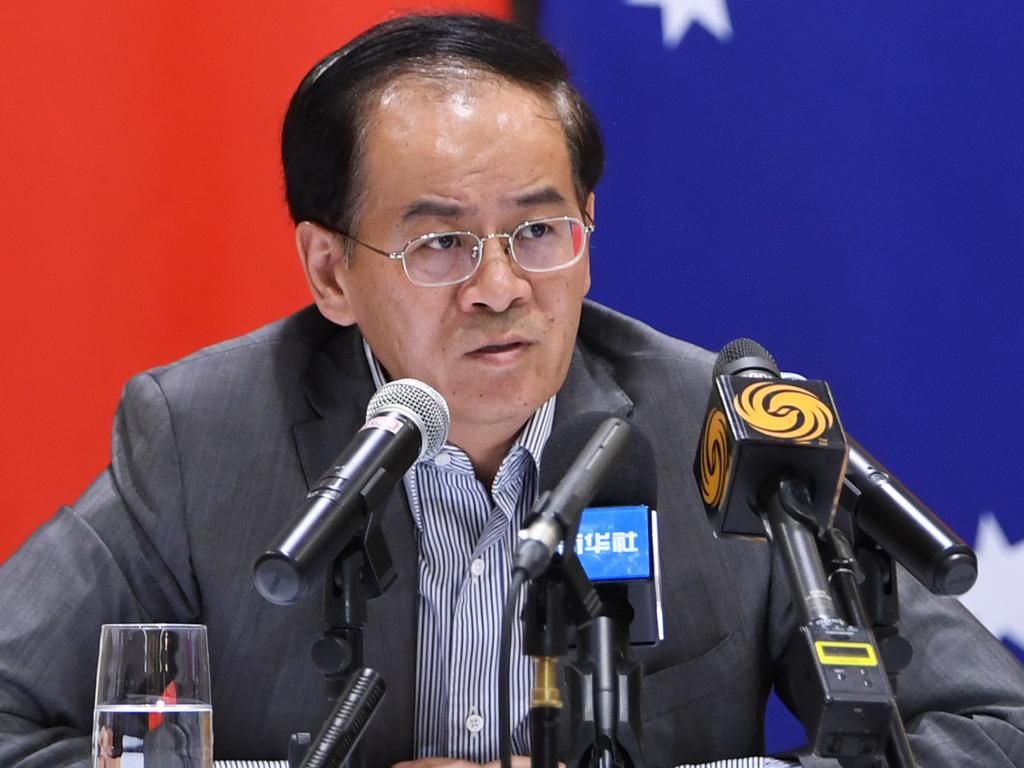
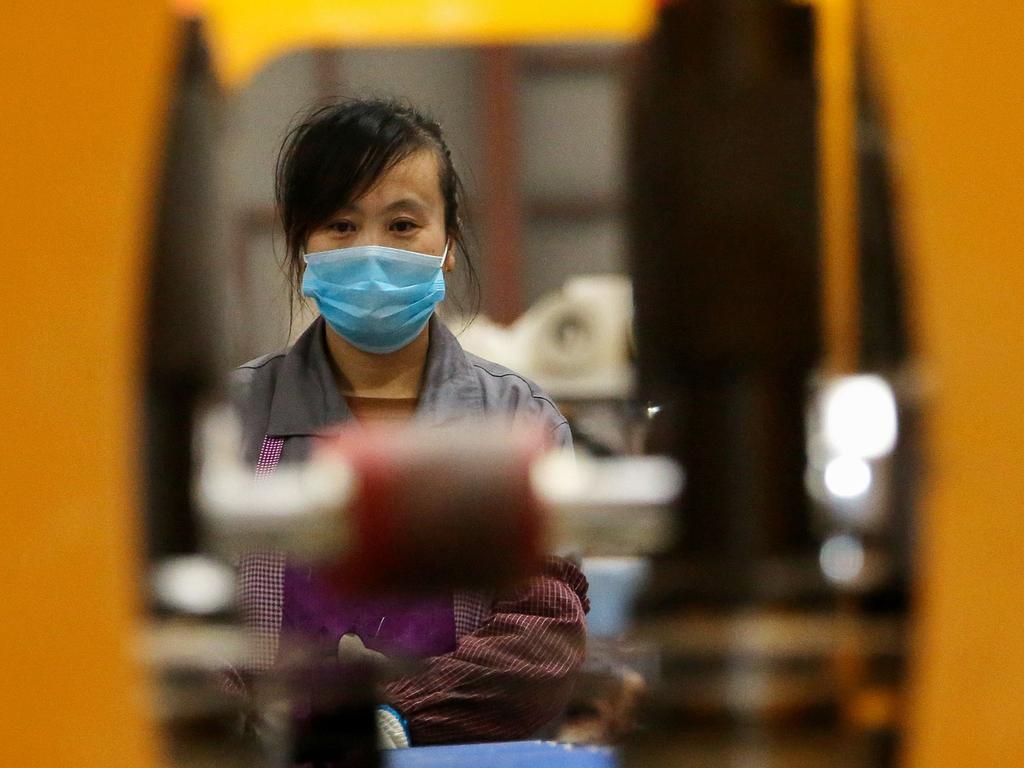
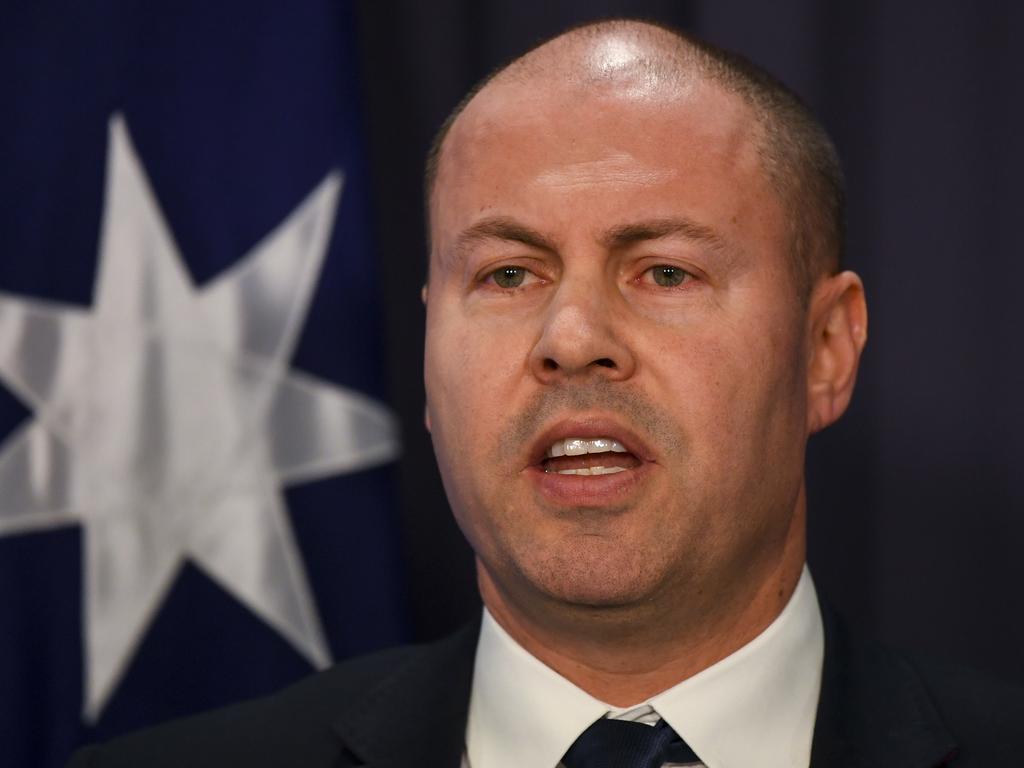
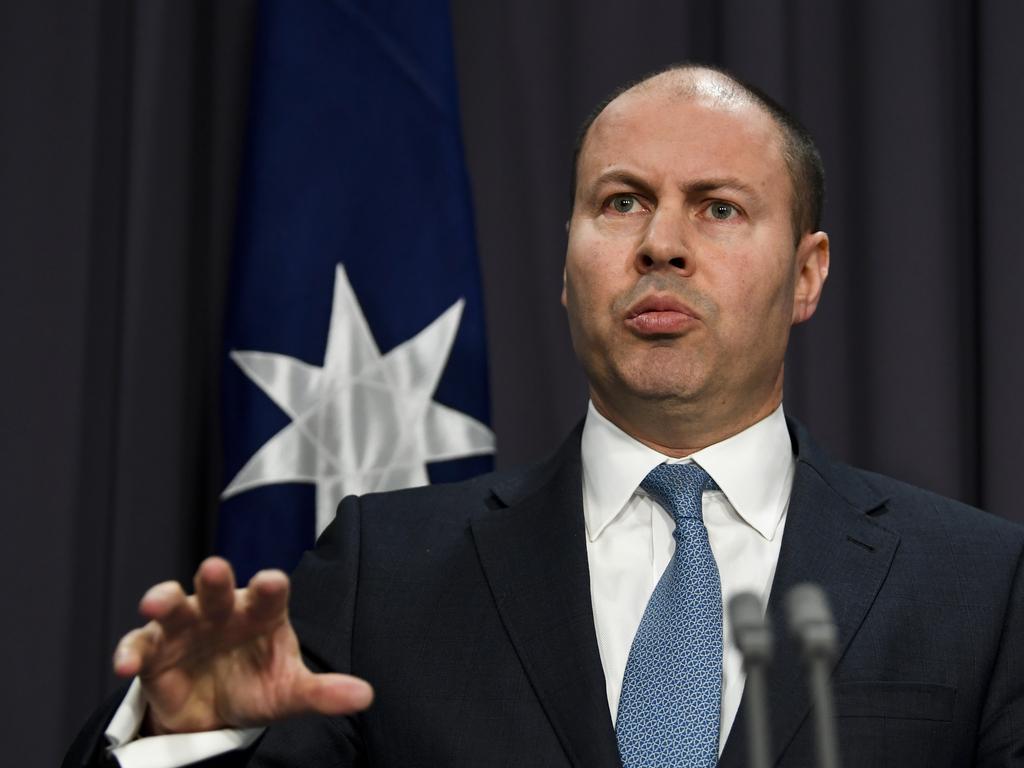


Chinese ambassador Cheng Jingye wants people to believe the persecution of Uighurs is “fake news”, that Australian media are being unkind to Beijing and that jailed author Yang Hengjun is being treated fairly.